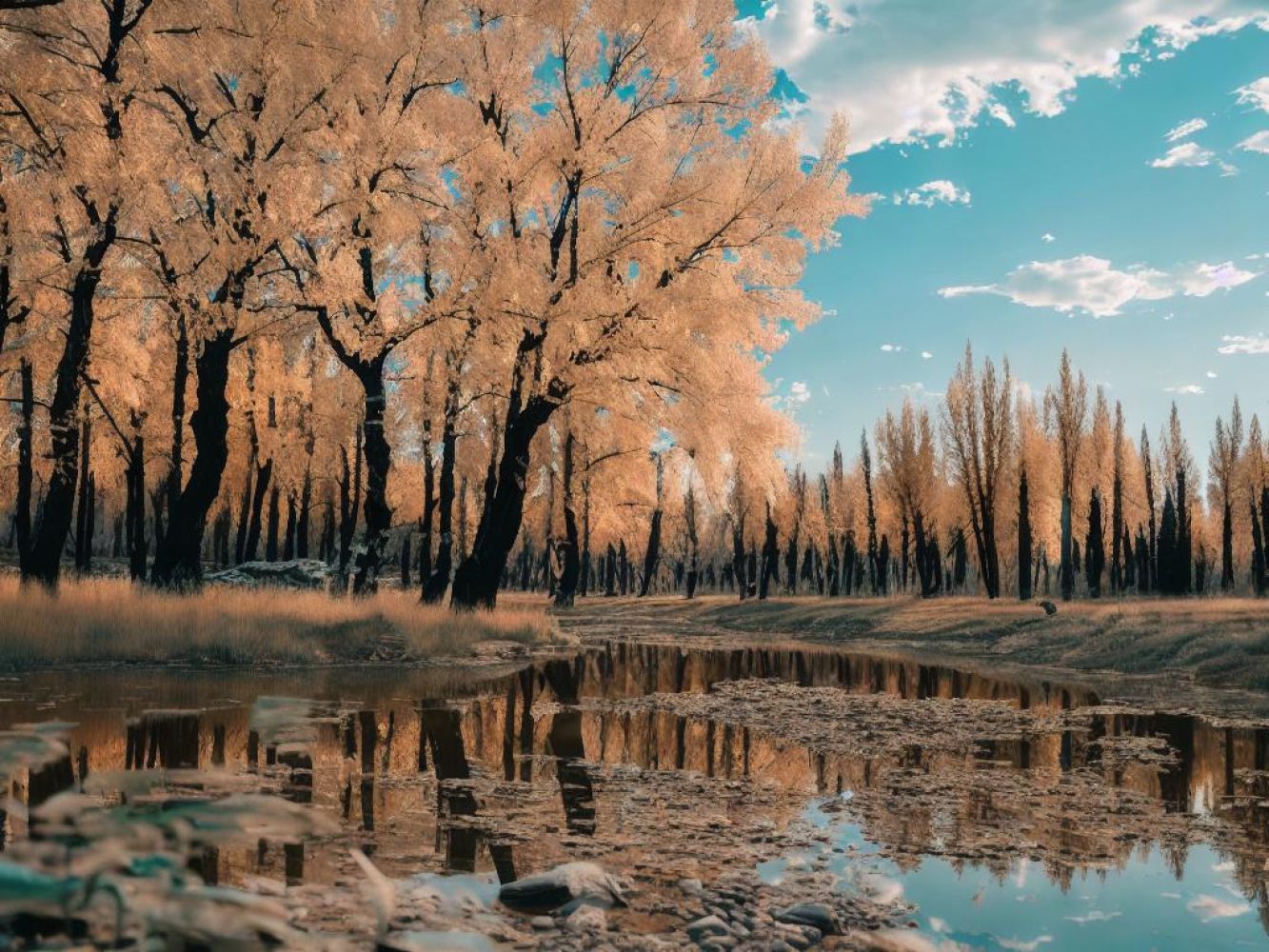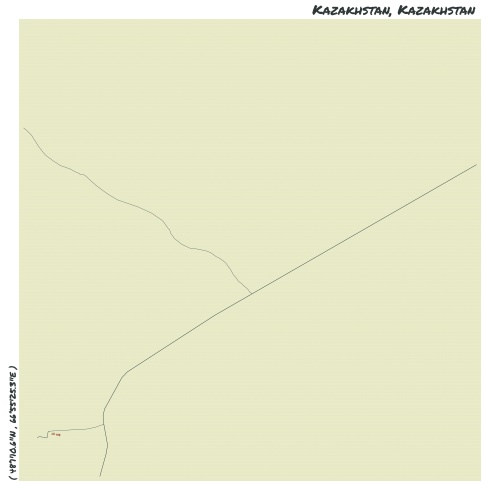Understand
Kazakhstan, once part of the Soviet Union, emerged as an independent country in the 20th century. It has a rich history, with Kazakhs migrating into the region in the 13th century and uniting as a single nation in the 15th century. The country experienced significant changes during Soviet rule and has since established its own path. Kazakhstan is a diverse nation, with Russian as one of its official languages and Islam as the dominant religion. The country's ethnic composition has been influenced by historical events, such as the agricultural "Virgin Lands" program in the 1950s and 1960s, which brought in immigrants from various backgrounds, including Russians and Volga Germans. While this influx had an impact on the ethnic balance, the nation continues to embrace its cultural diversity. In recent years, Kazakhstan has experienced economic growth, thanks to foreign investments and the development of its oil and gas reserves. However, this growth has also led to wealth disparity, with the benefits mostly concentrated in the hands of a few individuals. The government strives to address this issue and promote sustainable economic growth outside of the extractive sectors. Kazakhstan also faces challenges in developing a cohesive national identity and strengthening its relations with neighboring countries and foreign powers. The country is committed to utilizing its vast energy resources for the benefit of its people and expanding its presence in global markets. While corruption remains a concern, Kazakhstan is making progress in this area, especially in comparison to some of its regional counterparts.
Map & Climate
Popular Foods
 Kazakhstan's most popular dish is called Plov or Pilaf. It is a hearty rice dish that is cooked with meat, usually lamb or beef, and vegetables such as carrots, onions, and garlic. The dish is flavorful, with a mix of savory spices like cumin, coriander, and turmeric. Plov is often served at special occasions and gatherings in Kazakhstan.
Kazakhstan's most popular dish is called Plov or Pilaf. It is a hearty rice dish that is cooked with meat, usually lamb or beef, and vegetables such as carrots, onions, and garlic. The dish is flavorful, with a mix of savory spices like cumin, coriander, and turmeric. Plov is often served at special occasions and gatherings in Kazakhstan. Another popular Kazakh dish is Beshbarmak, which translates to "five fingers." It consists of boiled horsemeat (or sometimes mutton) served with thin noodles and a side of finely chopped onions and herbs. This dish is believed to have originated from the nomadic tribes that once roamed the steppe, and its form - a chunk of meat meant to be eaten with hands - makes it easy to consume on the go.
Another popular Kazakh dish is Beshbarmak, which translates to "five fingers." It consists of boiled horsemeat (or sometimes mutton) served with thin noodles and a side of finely chopped onions and herbs. This dish is believed to have originated from the nomadic tribes that once roamed the steppe, and its form - a chunk of meat meant to be eaten with hands - makes it easy to consume on the go. Rounding out the top three is Lagman, a soup made from handmade noodles and meat, typically served with a side of sour cream. Lagman can feature various types of meat, such as beef, lamb, or chicken, and is often garnished with fresh herbs for added flavor. This soul-warming dish is particularly popular in the winter months when comfort food is craved.
Rounding out the top three is Lagman, a soup made from handmade noodles and meat, typically served with a side of sour cream. Lagman can feature various types of meat, such as beef, lamb, or chicken, and is often garnished with fresh herbs for added flavor. This soul-warming dish is particularly popular in the winter months when comfort food is craved.




Comments
NO COMMENTS